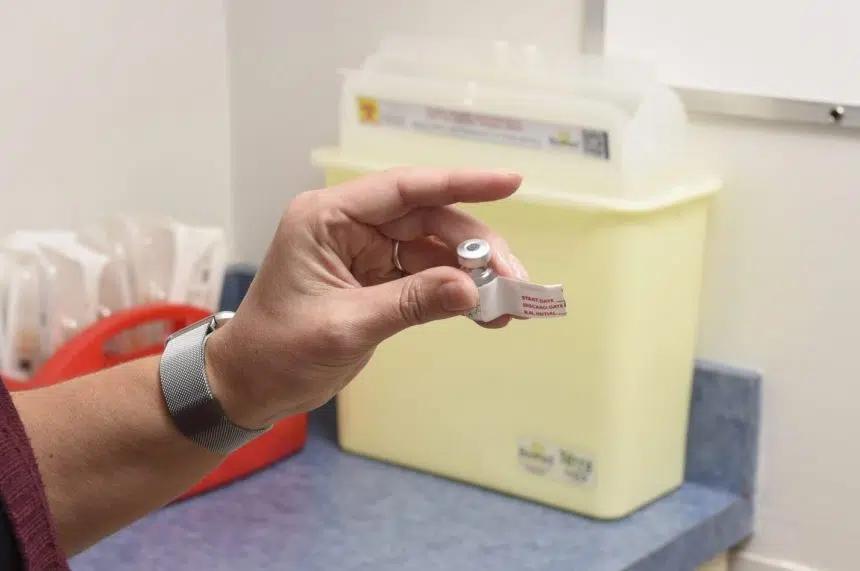With the approval of new COVID-19 vaccines by Health Canada comes a higher optimism from many people, including experts such as Jason Kindrachuk.
Kindrachuk, assistant professor and Canada Research Chair in medical microbiology and infectious diseases at the University of Manitoba, joined Gormley on Monday to discuss the new developments in the nation’s vaccine rollout.
The recent Health Canada approval of the AstraZeneca vaccine, Kindrachuk said, provides stability for the rollout.
“(It) means we can actually move this vaccine, as well as the (Johnson & Johnson) vaccine, out to underserved communities and some of the middle-income countries without having to have the stored requirement (at ultra-low temperatures). So it certainly broadens our ability for vaccination,” he explained.
Kindrachuk noted that in the trials of both the Johnson & Johnson and AstraZeneca vaccines, there weren’t any deaths recorded.
“The trials, certainly in regards to reduction of severe diseases and fatalities …, it looks really good, and actually quite promising considering the doses they’re providing, or at least promising for Canada here in the next few months,” he said.
The Johnson & Johnson vaccination process only requires one shot, compared to others such as AstraZeneca and Pfizer which need two doses. Kindrachuk also noted some changes in the way these second doses are being administered, with positive results.
“By spreading out the doses, even out to 12 weeks, moving away from four weeks to now three months, it actually tends to look like the immune responses were actually stronger,” he said before explaining that makes it easier to administer and get doses in the arms of Canadians as soon as possible.
Kindrachuk said the Johnson & Johnson and AstraZeneca vaccines are extremely similar. The DNA-based vaccines show there is a move away from past methods of vaccinology, going to more of a novel technology.
When it comes to effectiveness, the Pfizer inoculations boast a 94 per cent effectiveness rate versus around 62 per cent for the AstraZeneca shot. Kindrachuk explained what that means, if there was an opportunity to choose one or the other.
“When we look at these vaccines, the Phase 3 trials were done in different populations with different transmission rates, right? So that already makes it really difficult to go across from vaccine to vaccine. And the numbers themselves … (when) we think about this idea of efficacy, we’re talking about any symptoms of the disease,” he said.
He explained the AstraZeneca vaccine would make a severe COVID infection much like a mild cold. On the other hand, there wouldn’t be any effects at all after the Pfizer doses are completed.
In terms of infection rates, Kindrachuk said experts are starting to get the idea the vaccines aren’t just protective against the disease; they also seem to lower the actual rate of infection.
“At this point, (the vaccines) are all valuable,” he said.











